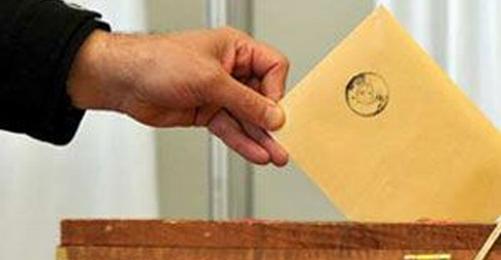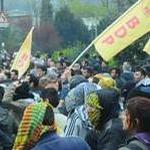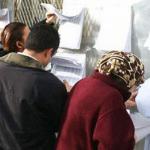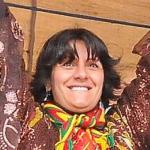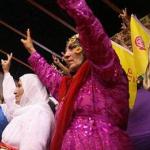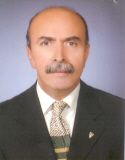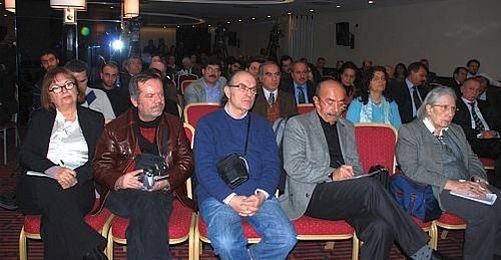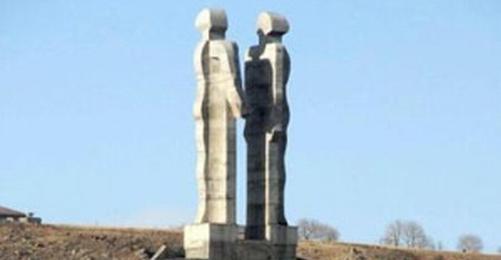For the first time, politicians campaigning for the general elections on 12 June in a language other than Turkish will not be punished with prison terms. Kurdish politicians in particular used to receive both prison sentences and monetary fines until now for addressing their electorate in Kurdish as their mother tongue. In the run-up to the 2007 elections, independent candidate Şah İsmail Özocak, who does not speak Kurdish himself, was even punished for being introduced to the attendees of a meeting in Kurdish.
Özocak told bianet, "Of course they have to liberalize the use of Kurdish. People have to be able to express themselves. They can explain themselves the best in their mother tongue and understand the ones speaking in that language. If the people do not know the language of the party that is representing them, how can they know what they are saying? How can a party represent them if they do not understand the language?"
Kurdish politician Mahmut Alınak was penalized for the same reason. He did not attach too much importance to the new regulation because he spoke in his mother tongue until today while it was de facto not accepted. Alınak
Aysel Tuğluk, former Co-Chair of the banned pro-Kurdish Democratic Society Party (DTP), argued, "The ban of propaganda in the mother tongue does not make sense anyways. In that aspect, I assess this as a positive step in terms of democracy in Turkey". Tuğluk was put under a political ban with the closure of the DTP by the Constitutional Court in 2009.
The ban of propaganda in any language other than Turkish was also lifted in the Elections Law in 2010. Only the Political Parties Law still includes the language ban. This situations may lead to contradictions in practice.
Transparent ballot box instead of wooden box
This year's elections come together with a series of innovations. The Supreme Election Board (YSK) will start the election process by announcing an election schedule after the election decision of the Turkish Parliament will be issued.
The YSK will declare the political parties participation in the elections, the electoral constituencies and the number of members of parliament for each electoral constituency. (EK/EÜ/VK)





